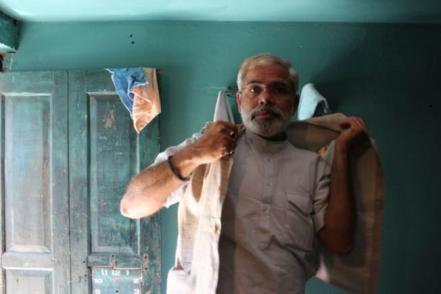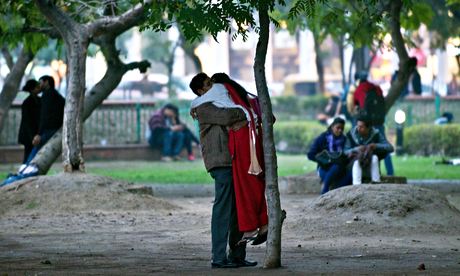The Supreme Court just granted legal recognition to transgender people, but India’s LGBTs won’t come out of the closet.
LUCKNOW, India — On April 15, India’s Supreme Court issued a landmark ruling allowing transgender people to identify as a third gender. The judgment directs the central and state governments to give them full legal recognition, including allotting them similar educational and job quotas as other minorities categorized as socially or economically disadvantaged. To date, transgender Indians — also known as hijras — were forced to select either “male” or “female” on all government forms and routinely faced ostracization due to their gender identity.
While gay rights activists and the LGBT community welcomed the decision, it flies in the face of a December 2013 Supreme Court ruling that recriminalized homosexuality. That ruling — which was criticized by two out of the three national parties contesting India’s general elections, currently underway — overturned a 2009 high court judgment that declared Section 377 of the Indian penal code unconstitutional. The British colonial law, dating back more than 150 years, criminalized sexual activities “against the order of nature” and had long been used to harass gay people.
The 2009 ruling was a watershed moment for gay rights in India. Openly gay-friendly bars and cafés opened across the country, Bollywood movies began featuring gay characters, and homosexuality began to be more accepted in the big cities. The following year, Delhi’s Queer Pride Parade attracted roughly 2,000 people — four times the number it did in 2008. The Supreme Court’s 2013 reversal drew criticism from HIV/AIDS groups, human rights campaigners, media icons and Indian politicians. Around the world, gay rights supporters organized a Global Day of Rage in more than 30 cities in protest.
Now there’s a strange tension between the two Supreme Court rulings: On one hand, transgender people have legal recognition; on the other, they may still be arrested for engaging in gay sex.










